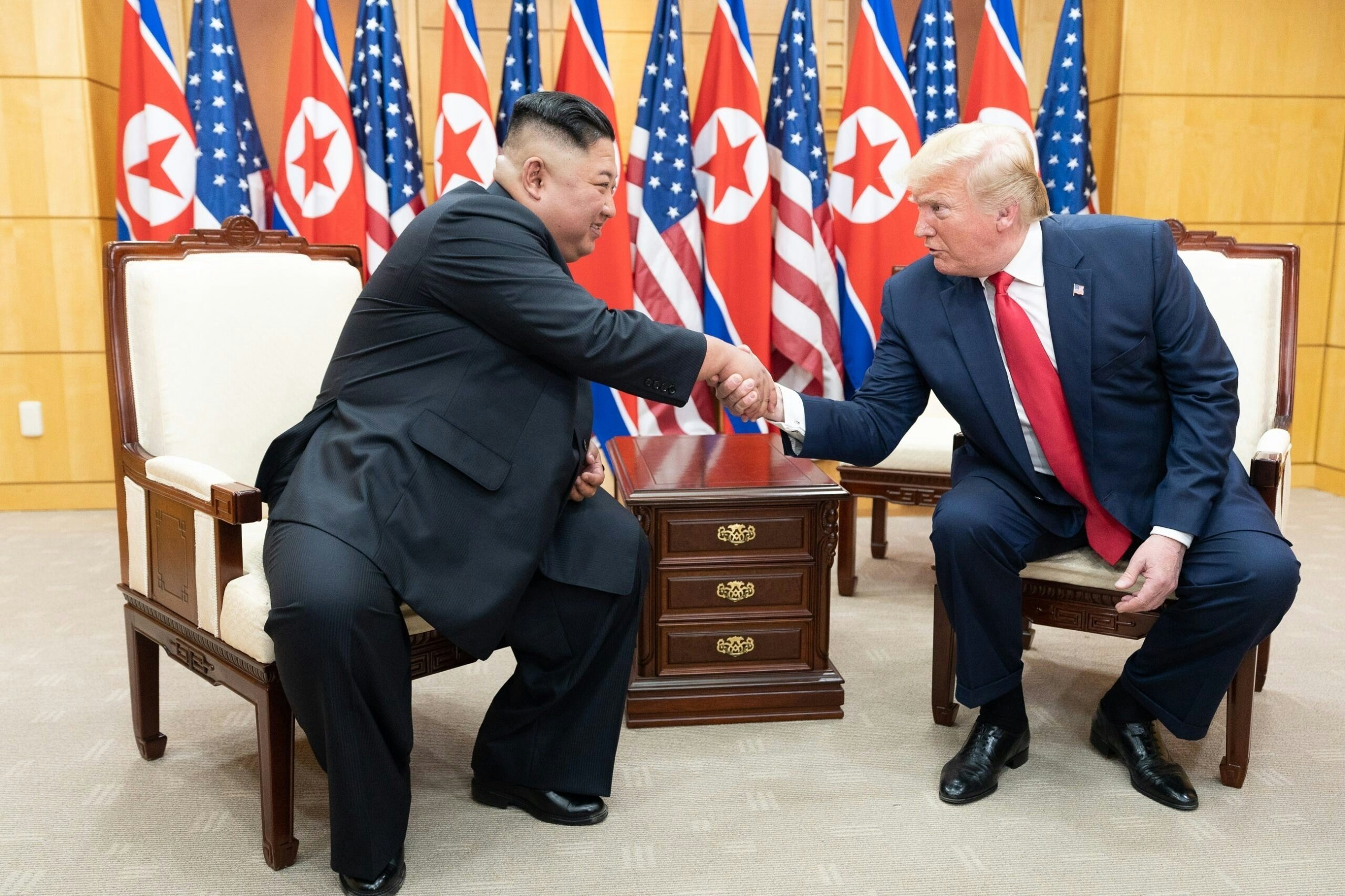On February 1, Secretary of State Marco Rubio did the right thing by exempting life-saving, PEPFAR-specific medicine and medical services from a 90-day pause in foreign assistance funding. The waiver permits the following services:
- Life-saving HIV care and treatment services
- Prevention of mother-to-child transmission services
- Selected implementing agency and implementing partner administrative costs
PEPFAR – like all federal programs – should be subject to review. This allows policymakers to reflect on PEPFAR’s success and provide Congressional oversight as required by U.S. law that can lead to greater efficiencies and effectiveness.
The program’s success is driven by data-informed programming, community-engaged partnerships, and the employment of a whole-of-government approach that leverages the strengths of individual departments and agencies. Through these methods, PEPFAR has saved 26 million lives, including over 7.8 million babies born HIV-free.
Despite the waiver, many PEPFAR partners have reported challenges in resuming implementation of approved programming, resulting in interruptions in intergovernmental collaboration and coordination among many partners. This has prevented people living with HIV from resuming access to life-saving, time-sensitive care.
Why this matters
Individuals living with HIV must uphold strict treatment regimens to reduce the levels of the virus in their blood – making HIV nontransferable – and to prevent the emergence and spread of drug-resistant HIV that is more difficult and expensive to treat. For pregnant women living with HIV especially – a consistent routine is critical to ensuring babies are born HIV-free.
PEPFAR is more than a global health program. It has stabilized countries devastated by HIV, offered hope and opportunity for hundreds of millions of people, enhanced America’s strategic influence in Africa, and engendered goodwill toward the United States.
Russia and China are eager to capitalize on any weakness in U.S.-African relations – ready to take advantage of a continent home to the youngest, and fastest-growing population in the world. Any pause in PEPFAR programming would create an opening for American adversaries to offer inferior resources and undermine the impact of compassionate American leadership.
PEPFAR keeps America safe, strong, and prosperous.
What’s next
Through PEPFAR’s partnership, political will, and community dedication over the years, several countries have reached, or are close to reaching, the international target of ending the HIV/AIDS epidemic as a public health threat by 2030. A successful, multiyear transition toward full country ownership will enable the program to wind down by 2030, but a sudden termination of PEPFAR would place all these gains in jeopardy.
The Department of State must work alongside PEPFAR’s many partners to fully resume PEPFAR programming immediately, so that those on treatment can receive uninterrupted care. As Bush Institute Executive Director David J. Kramer noted last week – it’s a matter of life and death.































